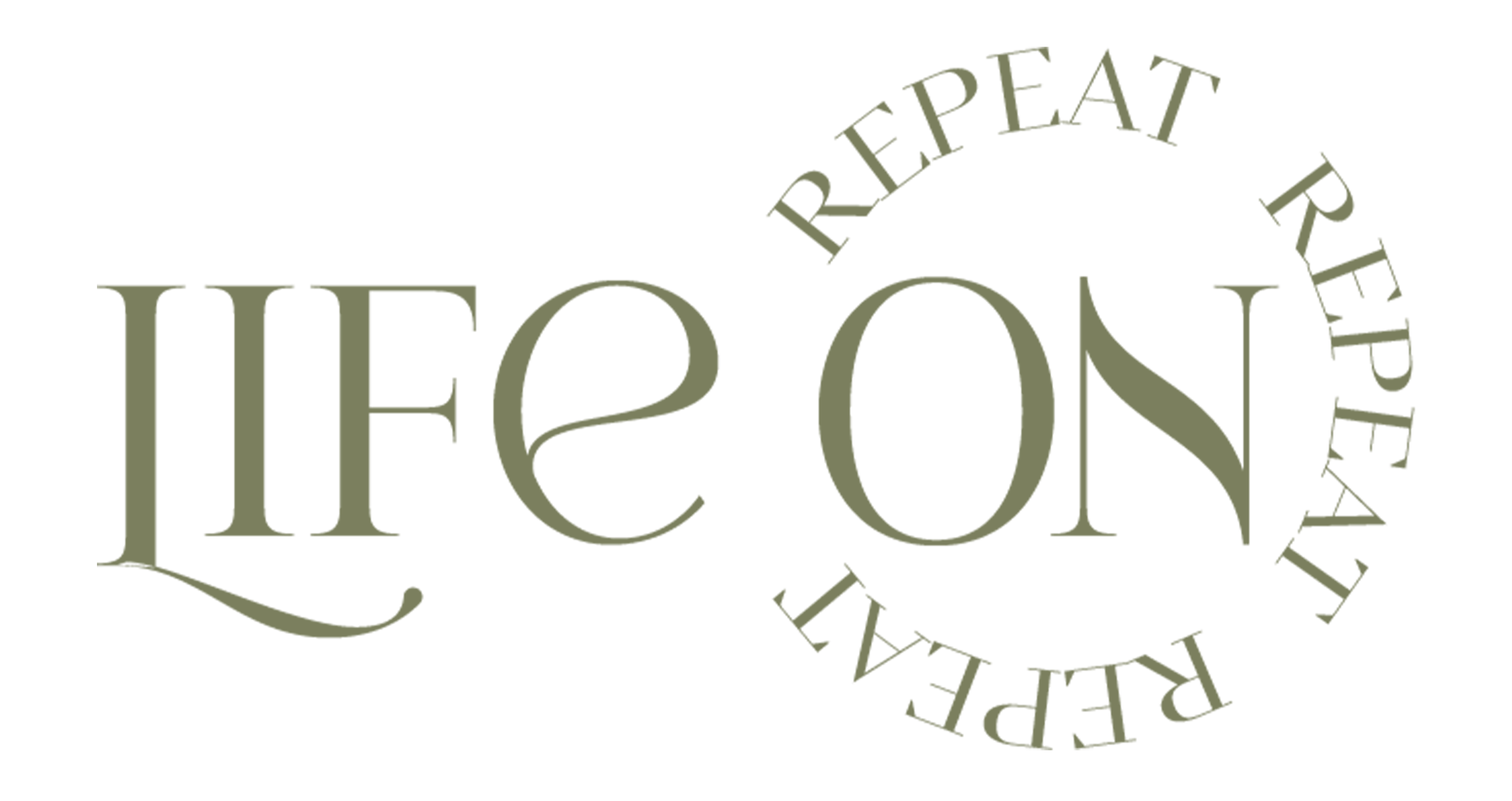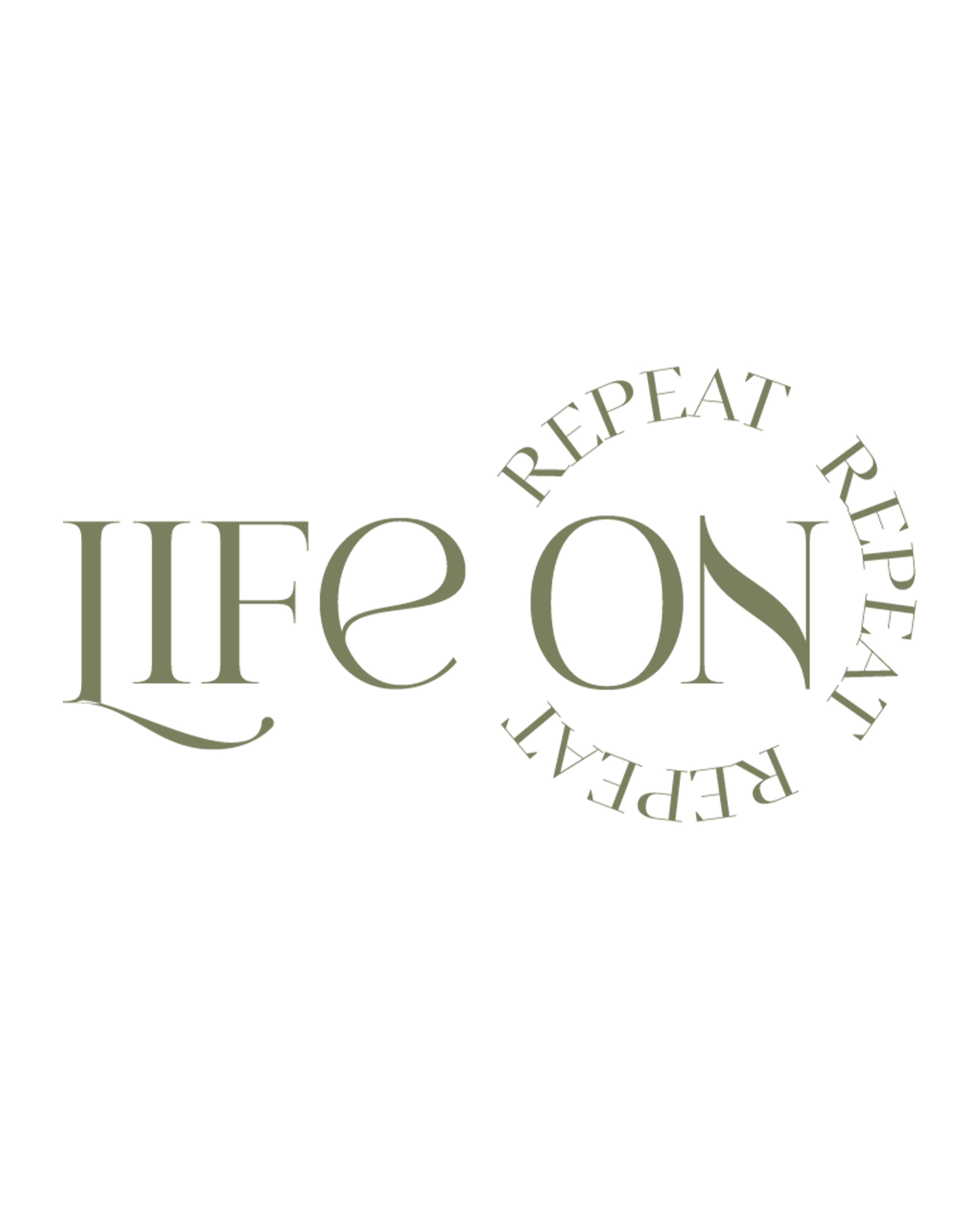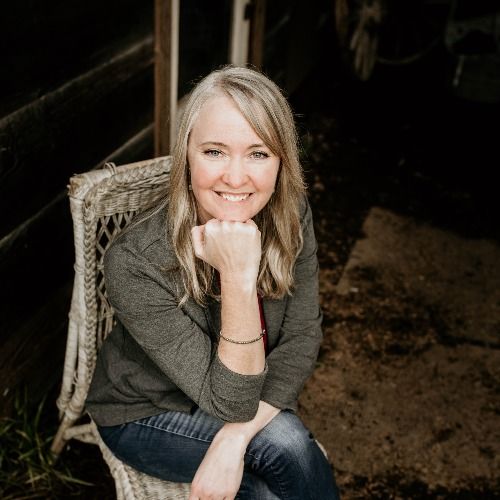Episode 58
Getting a Dementia Diagnosis: Signs, Steps, and What You Need to Know | with Laura Vaillancourt
Getting a diagnosis can feel overwhelming — especially when you’re not sure where to start or what’s “normal” vs. “not normal.” In this episode, Laura walks you through the signs to watch for, how to know when it’s time to seek answers, and why getting a diagnosis can actually bring relief and clarity. You’ll also learn about common treatable conditions that can mimic dementia symptoms, and how to prepare for a doctor’s appointment so you feel supported and informed.
👤 Meet Laura Vaillancourt:
Laura is a Licensed Mental Health Counselor, Geriatric Mental Health Specialist, and the host of the Life on Repeat Podcast. With over 20 years of experience working with individuals and families navigating dementia, Laura’s mission is to provide caregivers with education, encouragement, and resources so they never feel alone on the journey.
📌 Topics Discussed:
- What’s “normal” forgetfulness vs. concerning memory changes
- Red flags that signal it may be time to seek medical evaluation
- Treatable conditions that can look like dementia (depression, delirium, vitamin deficiencies, infections, and more)
- Who can provide a diagnosis — from primary care to specialists
- How to prepare for a medical appointment (questions to ask, what to bring, and how to track concerns)
- What to expect after receiving a diagnosis and how to begin building your care team
⏱️ Timestamps (Approximate):
00:00 – Why people wait to seek a diagnosis
04:30 – What’s normal aging vs. not normal memory loss
08:10 – Treatable conditions that mimic dementia symptoms
13:25 – Who can provide a diagnosis and what to expect
19:40 – How to prepare for an appointment
27:15 – What happens after diagnosis and building your care team
34:45 – Resources, planning, and next steps
💡 Key Takeaways:
- Memory impairment is not a normal part of aging.
- Many treatable conditions can cause memory changes, so don’t assume dementia.
- Early evaluation helps rule out reversible causes and provides peace of mind.
- Preparation is key — bring detailed examples, a list of medications, and questions to appointments.
- Getting a diagnosis is not the end; it’s the beginning of support, planning, and resources.
📚 Resources Mentioned:
Annual wellness exam (Medicare-covered screening)
Cognitive assessments (MoCA, MMSE, SLUMS)
Local Area Agencies on Aging
Alzheimer’s Association resources
Geriatric care managers and elder law attorneys
🌿 Connect with Laura Vaillancourt & the Life on Repeat Podcast:
Instagram: @lifeonrepeat.podcast
Facebook: Life on Repeat Podcast
Website: lifeonrepeatpodcast.com
Email: hello@lifeonrepeatpodcast.com
If you’ve been feeling unsure about your loved one’s memory changes, this episode is for you. Take a deep breath — you don’t have to walk this path alone.



